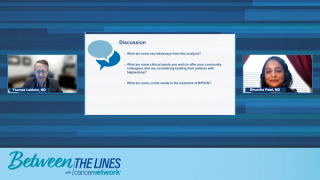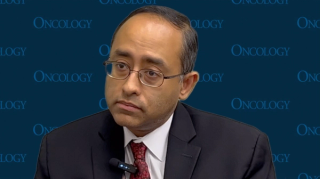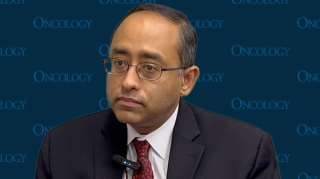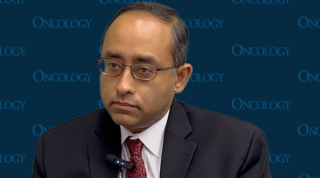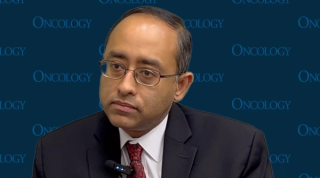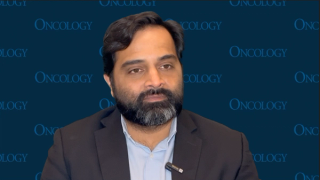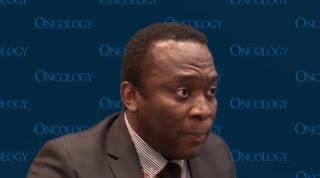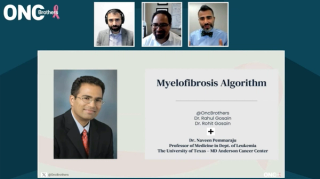
Hematologic Oncology
Latest News
Video Series

Latest Videos
Shorts
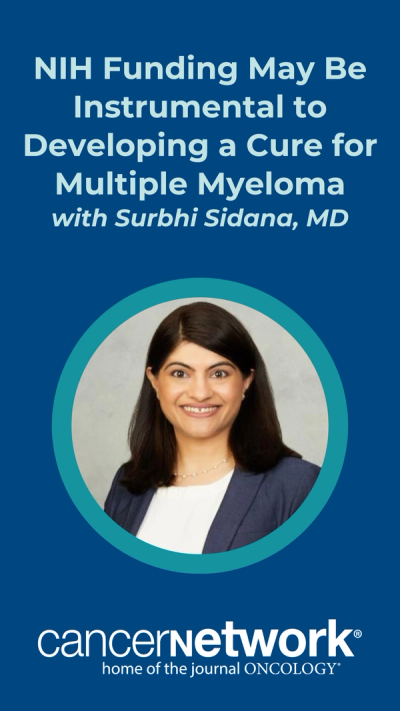
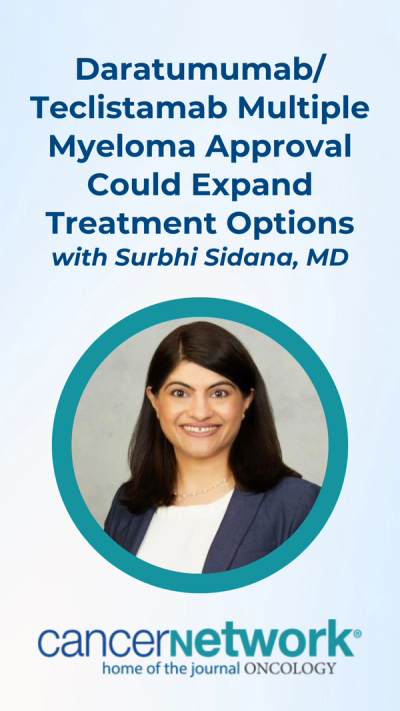
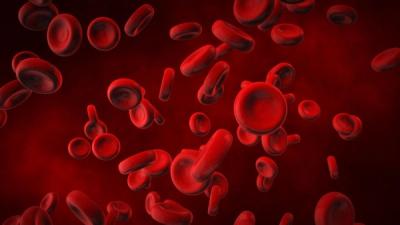
Podcasts
CME Content
More News

The FDA no longer considers the phase 3 ALLELE trial adequate to support the approval of tabelecleucel for patients with EBV-positive PTLD.

Prior data from the 2025 ASH meeting showed that CK0804 may complement JAK inhibition among patients with myelofibrosis.
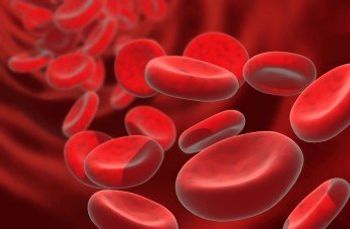
Results from the phase 3 VERIFY and phase 2 REVIVE studies supported the NDA submission of the for rusfertide in this PV patient population.
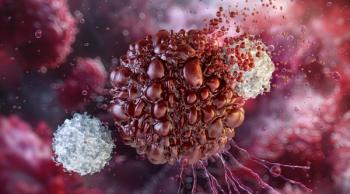
Preclinical data from the phase 2 SUMMIT trial presented at the 2025 ASH meeting support the submission for bezuclastinib in this patient group.

An investigational new drug application for ALA-101 has been submitted to the FDA for the treatment of CD19-positive non-Hodgkin lymphoma and leukemia.

Nuvisertib combined with momelotinib achieved a spleen volume reduction of 25% at week 24 and any given time in 50% of patients with relapsed/refractory myelofibrosis.

Key presentations from the 2025 ASH meeting revealed potential therapeutic advances across leukemia, multiple myeloma, and lymphoma.
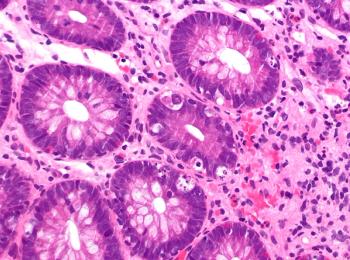
Across all dose levels of axatilimab, the 46-month OS rate was the 74.1% among patients with previously treated chronic graft-vs-host disease.

The FDA has given a PDUFA date of April 8, 2026, to the nivolumab/AVD regimen for stage III or IV classical Hodgkin lymphoma.

The rate of 35% reduction in spleen volume or higher was higher pelabresib/ruxolitinib vs ruxolitinib alone in the MANIFEST-2 trial.

The primary end point of GI overall response rate was met with MaaT013 for GI-aGVHD.

More than half of evaluable patients in the phase 1/2 NEXICART-2 trial experienced organ responses following treatment with NXC-201.

“Overall, these findings support the safety and feasibility of axatilimab at a dose of 0.6 mg/kg monthly,” said Nosha Farhadfar, MD.

Among patients with an HLA-locus match level of less than 7, the rates of relapse and GVHD were similar to those with an HLA match level of 7.

AI revolutionizes palliative oncology by enhancing prognostication, symptom management, and personalized care for patients with hematologic malignancies.

Researchers have observed that HSC–derived innate lymphoid cells prevent GVHD by inducing interleukin 9 driven T-cell senescence.

Researchers have demonstrated that a tandem CAR T cell targeting mesothelin and MUC16 ectodomain is able to outmaneuver tumor heterogeneity, outperforming single target CAR T cells in mixed ovarian and pancreatic models.

Researchers have determined that donor age has a stronger, nonlinear impact on OS vs donor type in allogeneic HCT using posttransplant cyclophosphamide for GVHD prophylaxis, with donor type becoming increasingly relevant in older donors.

Exa-cel displayed MCID-exceeding, sustained mean changes from baseline across various HRQOL-related scores in transfusion-dependent β-thalassemia.

Two hematologic oncologists defined rare lymphomas and highlighted challenges and recent developments associated with these disease types.
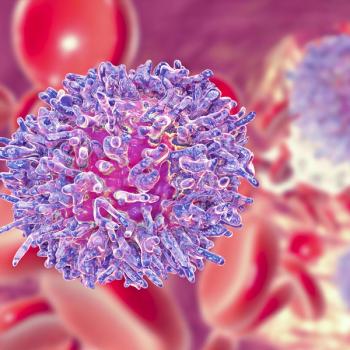
The regulatory agency gave a PDUFA target action date of April 6, 2026, for Orca-T among patients with AML, ALL, and MDS.

A study by the Blood and Marrow Transplant Clinical Trials Network found that a donor search prognosis strategy may move those with cancer to HCT faster.

Data from the CADENZA trial support the application for pivekimab sunirine as a treatment for those with blastic plasmacytoid dendritic cell neoplasms.
![We must work on clinical predictors based on the disease phenotype, we must work on the physician’s attitude, and [we must work to] stimulate the correct and timely usage of ruxolitinib.](https://cdn.sanity.io/images/0vv8moc6/cancernetwork/d5a069c33bbfe917bc7c0b1bb13d76c0a815cc44-234x234.png?w=350&fit=crop&auto=format)
According to Francesca Palandri, MD, PhD, ruxolitinib will have a less significant effect in patients with myelofibrosis who have a cytopenic phenotype.

Data from a propensity-matched analysis showed that GLP-1 receptor agonists conferred benefits even among patients with type 2 diabetes.






